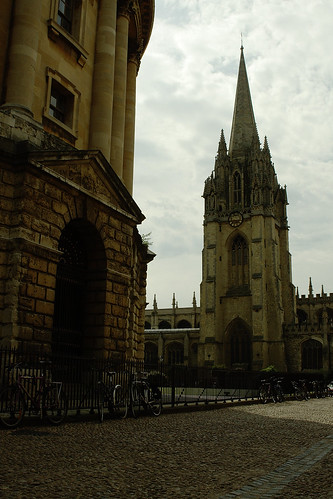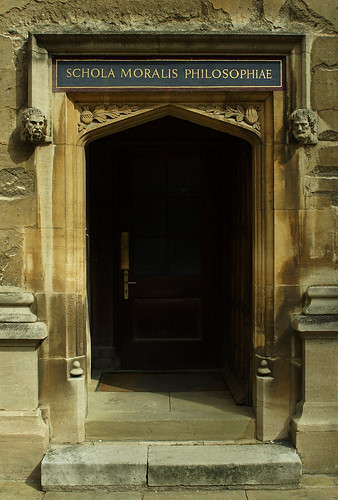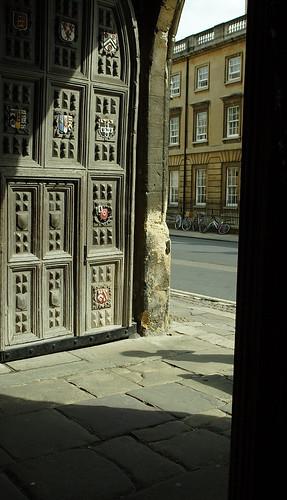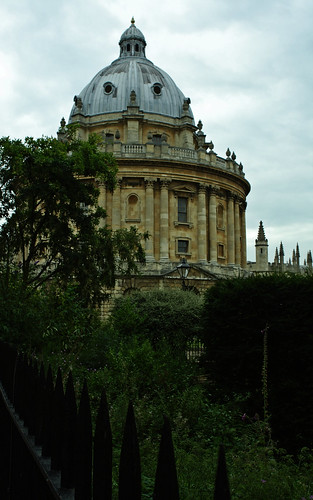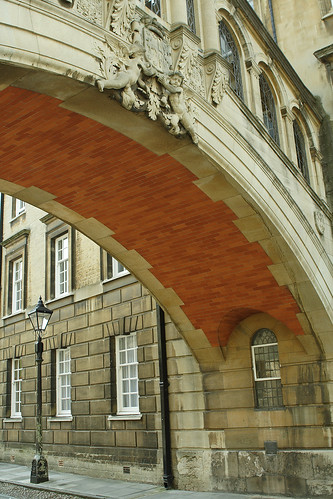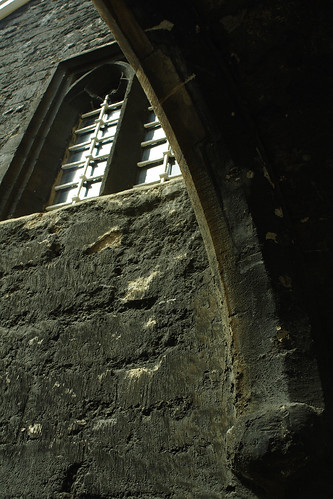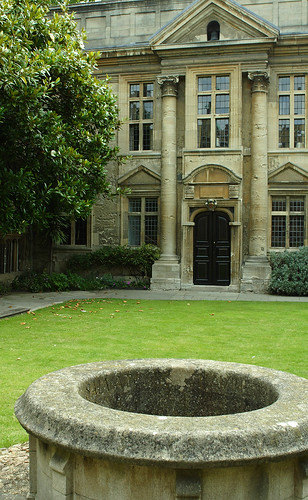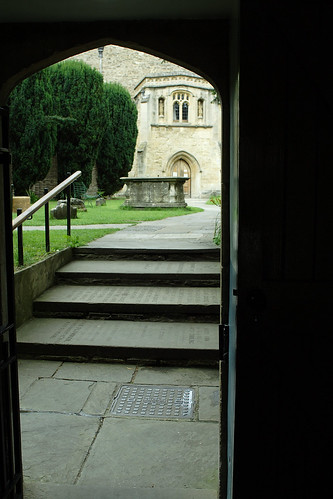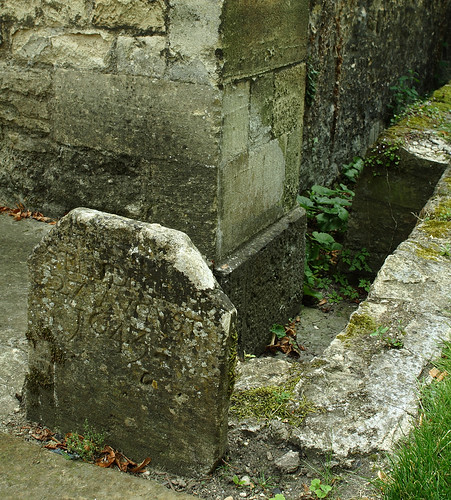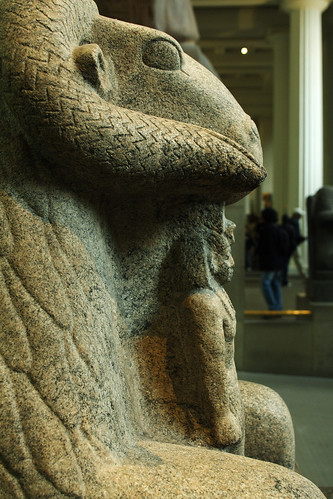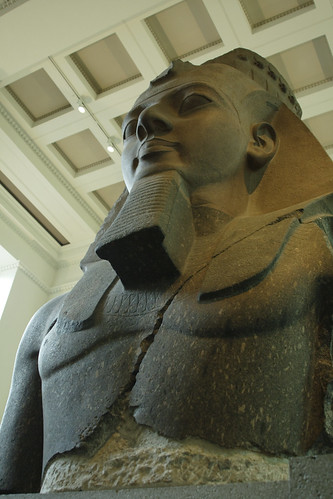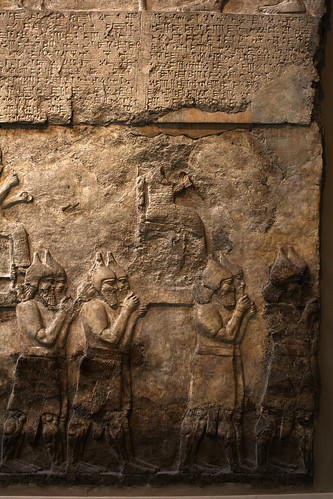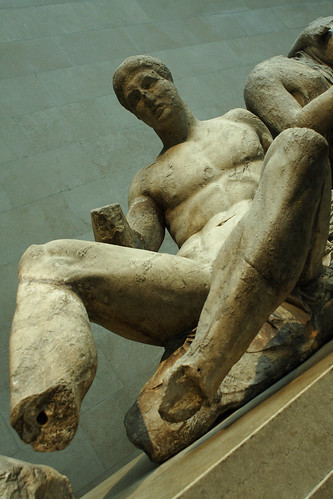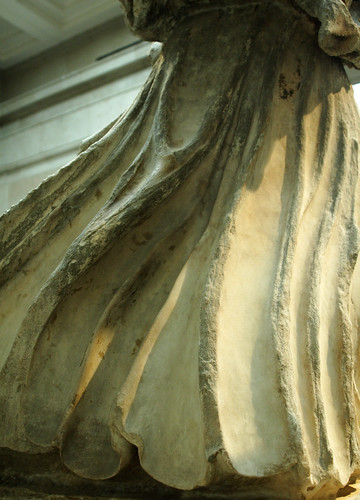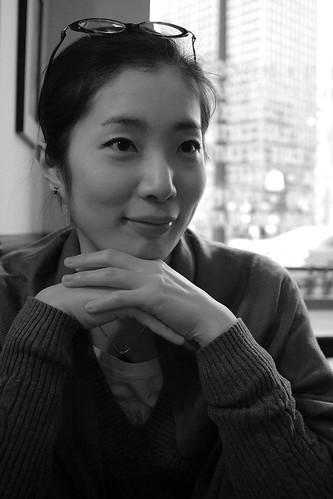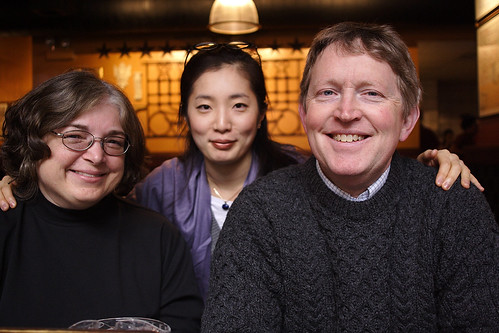BBC NEWS Business US takes over key mortgage firms:
"US financial officials have outlined plans for the government
to take over the failing mortgage giants Freddie Mac and Fannie Mae. The two companies account for nearly half of the outstanding mortgages in the US, and have lost billions of dollars during the US housing crash. The most recent figures show about 9% of US homeowners were behind on their payments or faced repossession. The federal takeover is one of the largest bail-outs in US history. It is intended to keep the two companies afloat, amid fears that either could go bankrupt as borrowers default on their home loans. Together, Freddie Mac and Fannie Mae own or guarantee about $5.3 trillion (£3 trillion) of mortgages. Banks around the world are
highly exposed to the two companies and therefore, given the febrile state of markets across the world, it had become dangerous for doubts to persist about whether they were viable and would be able to keep up the payments on their massive liabilities, says the BBC's business editor Robert Peston. A rescue plan passed by Congress in July gave the US government the authority to offer unlimited liquidity to the two companies, and to buy their shares, in order to keep them afloat."
I suppose this was coming for a while. Greed without order eventually collapses on itself. But the problem with the greedy is that self-ordering is particularly hard. I've felt for quite some time that Plato's analysis of oligarchy hits the nail on the head. It might have been an analysis of an abstract situation derived from contemporary Athenian political problems, but there is something about it which captures current social and economic problems quite well. Setting aside Plato's definition of justice, he was quite right to elucidate the psychological dissonance between the oligarchic mentality and the extra-monetary necessities of stable political order. Most pertinent for the current crisis is his analysis of usury. Blinded by their desire for more money, oligarchs will lend with great interest even to those that cannot pay. The exceptional defaulting debtor can be dealt with, but what happens when these debts become systematic? In Plato's judgment an underclass of good-for-nothing 'drones' arise as a result of the oligarchs’ collective blindness. Filled with resentment and, eventually, realizing the relative physical impotence of the oligarchs, these ‘drones’ revolt. The result is considerably worse political order - enter democracy.
Between our commitment to political values, and the negative revolution unwittingly induced by Plato's oligarchs, his story and our contemporary financial situation probably part company at this point. After all, the US government is stepping in to prevent financial collapse, rather than ignoring an impending doom. And anyway, revolutions are complex events that depend on a convergence of different historical factors. Plato's account is too simplified after all.
Perhaps this guarded confidence is right, but it would be wise to bear in mind a few salient conditions of an actual, historical, complex revolution - 1789. Like the US today, France was powerful but had accumulated enormous, unsustainable debts thanks to a bellicose foreign wars with an upstart, modernizing neighbor. French subjects were suffering from inflating food prices. The French poor were resentful of extravagant displays of wealth, taxes were injurious, and monetary finance was at the breaking point. Particularly in regard to the social egregiousness of inequality and luxurious display, Rousseau had pointed toward the fate of political and social collapse 34 years earlier in his Discourse on the Origins of Inequality.
Of course the US situation is markedly different. The US differs in that it has a nominal democracy which allows all citizens a periodic say in who shall rule them, inflation is not currently causing starvation, and there is currently no sign of famine. Nevertheless, homelessness is rapidly increasing, bankruptcy amongst private individuals and financial institutions is interconnected and worrisomely prevalent, and commodity prices – oil, natural gas, food - are interrelated, relatively high and likely to increase. The necessities of our day to day life are threatened. Nonetheless, I don't think these problems will pan out in terms of revolution, though significant social upheaval is likely more probable. My point: not only is the story above indicative of spectacular financial failure in America, the government bail out might offer no silver lining.
This is where Plato comes in again. The cause of the problems America faces (and a number of those France faced in the 18th century) is artificial and frequently lies in the blindness of greed. In Plato’s constitutional cycle the oligarchs are so blinded, but the democrats had a very different impediment. What happens though if the oligarchic mentality becomes paradigmatic? Although not exclusively so, our political judgments regularly boil down to estimations of cost and profit. There are important exceptions. Some judge political actions according to various rights frameworks, others according just distributions, others according to religious commitments. Some of these modes of political judgment are more common than others. Still, I think it likely that many and perhaps most Americans construe many and perhaps most political questions in terms of their economic impact.
Although this mode of decision making seems narrow, in some sense it also seems quite rational. Judging policies in terms of their capacity to make or save money, or to distribute funds to the most profitable aims might be far too common, failing to value other important goods like justice, fairness, equality or freedom, but this is not necessarily a sign of unmitigated greed. I need not have an inordinate desire for wealth just because I think economic value is the most important aspect of politics. In fact, money provides a flexible social good that we can employ for various, more particular goods, which we really want. If we are like the wise household manager of Aristotle's Politics then that is precisely how we would think about money, a means to an end. Money would not, consequently, be our ultimate concern. But I do not think the situation is so simple.
Plato and Aristotle both clearly identify the human tendency to conflate the instrumental value of money with final or real value. We easily take money to be not only the measure but the substance of our good. So long as I take wealth to be an instrumental good, I can make judgments about money that are quite rational (even if profit maximization is an intermediary goal). But if I take wealth to be my primary aim, or I begin to conceive of all political questions in terms of their profitability, then it is not difficult to imagine wealth becoming an object of ardor and desire. This is particularly likely in a society in which wealth and its trappings deliver prestige. But then disentangling means from end becomes particularly tricky. Upon this categorical change in my desires, controlled, rational judgments about costs and risks will be invariably foiled by the fleeting promise of profit. The problem is not that judgments of profitability are irrational but that the mentality behind the predominance of such judgments might very well be. This makes those very judgments only superficially rational. Thus, the oligarchical paradigm of political judgment I have in mind is not at all like rational choice.
For the Platonic Oligarch, this desire becomes his sole psychological feature. He is nothing but greed personified. This is unlikely to represent any actual human being, even one particularly devoted to profit, but it doesn't have too. As a way of interpreting the problems of a particular sociological characteristic, it is the preponderance of greed that matters. Even if I am greedy, but not all of the time, the majority of my behaviors will be like a Platonic oligarch. Even when I grasp the risks, my desires will get the better of me. Now if this preponderance is systematic in society (or in a particular social class) the injurious results of that individual preponderance stand to be compounded. Just as a frictionless surface is unlike an actual surface and the kinematic calculations true for frictionless objects are useful only for approximating the movements of real objects, Plato's oligarch and his oligarchic constitution provide useful heuristic devices.
Now my worry is that it is precisely because economic and utilitarian measurements are paradigmatic in this approximate way (not amongst political theorists) that the reflectivity needed to address current financial crises may be effectively unavailable.
This returns me to the news story. If I am right in accepting Plato's line that oligarchs tend to be single-minded in their love of wealth, I rightly identify our (the US) government as oligarchic (I don't mean the Bush administration, I am thinking more fundamentally) irregardless of the increasingly fictitious appropriation of the term democracy (the US may once have been a republic but the national government has never been constituted in a democratic manner, representative election being a classical means of aristocratic selection), and I correctly take this preponderant mentality to be shared by both governors and governed, then it makes sense to be less than sanguine about the US takeover of Fanny and Freddie. Perhaps, I am wrong, and the government will step in, spontaneously develop ingenuity, and rectify a precipitous situation; but I think it more likely that the blind are following the blind.
And even if this proves to be an astute financial decision, I remain unhappy about the centrality of economic goals in contemporary politics. It would be useful to have a broader perspective about just what politics is valued for (or whether, with the Greeks, political practice is a humanizing value itself). But if I'm right about about the predominance of an oligarchic mentality, then that broader perspective promises to be elusive. I do hope, however, my despondence is proved wrong.
Once more into the breach,
Ben


